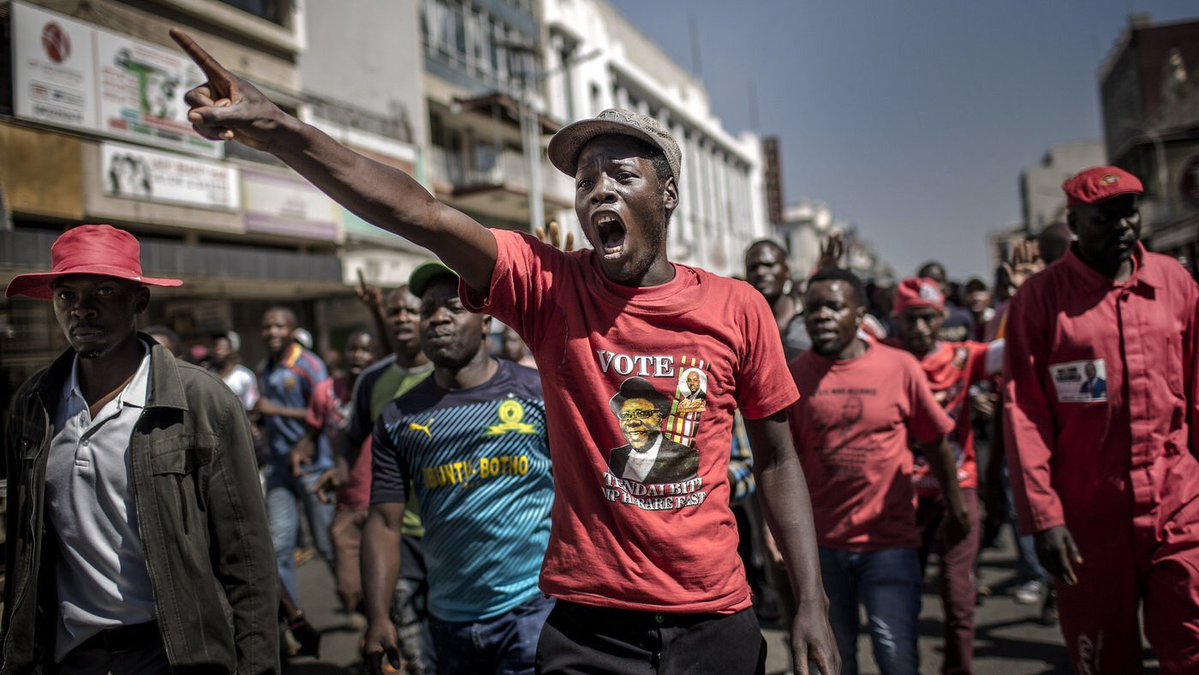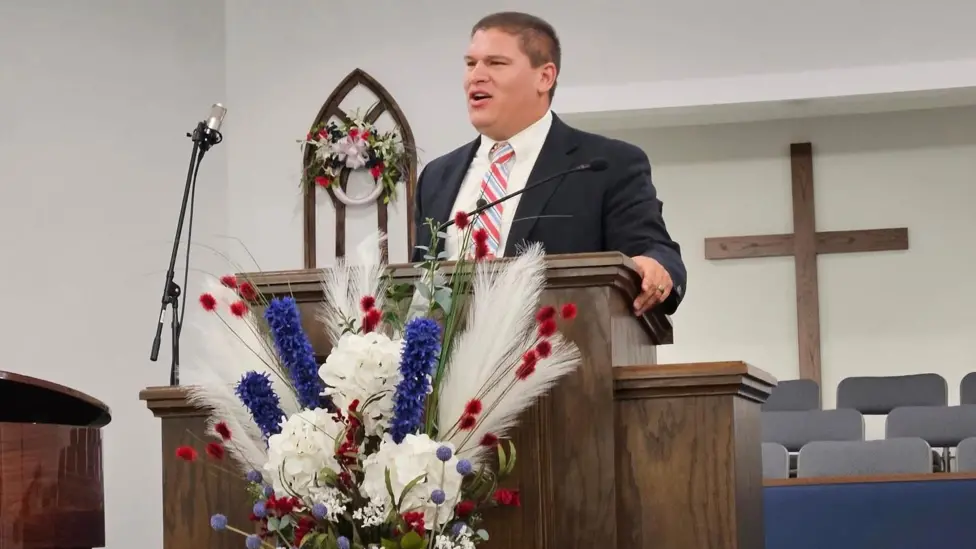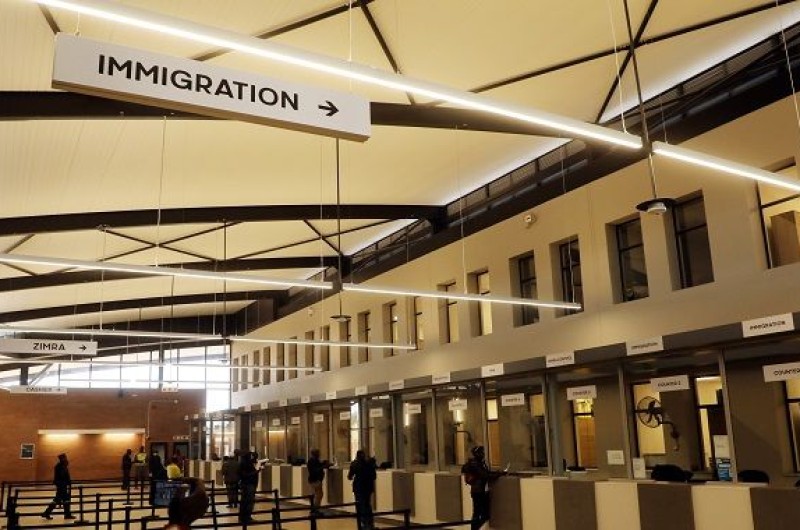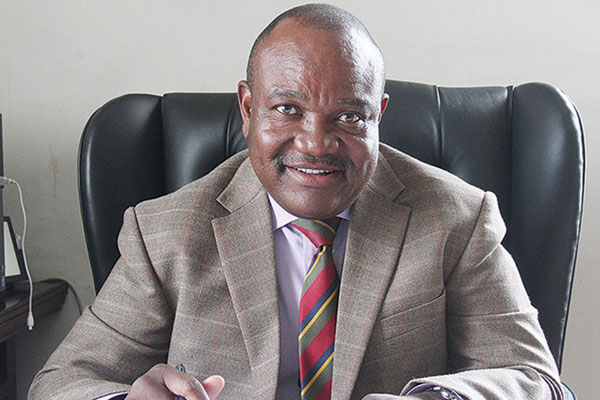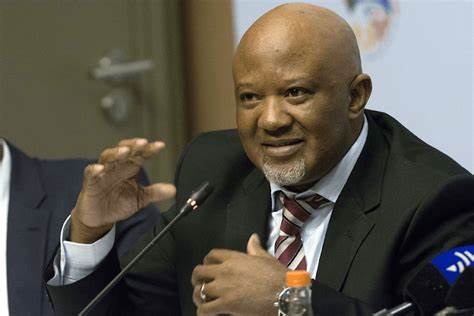HARARE – Police have banned street demonstrations planned by the opposition on Friday and anyone who takes part would be committing a crime, a police spokesman said, likely escalating political tension.
The Movement for Democratic Change (MDC) said the protests will be peaceful, but police earlier issued a statement saying they believe the protest will turn violent.
National police spokesman Paul Nyathi said the police commander for Harare central district had issued “a prohibition notice” against the planned demonstrations and the organisers had been notified that there would be security implications if they proceeded with their actions.
“Anyone who therefore participates in the demonstrations will do so in contravention of public order and security act and the law will take its course,” Nyathi said in a statement. “The police will be conducting patrols, surveillance, stop and searches to ensure law and order is maintained in all areas of the country.”
MDC leader Nelson Chamisa, in a video message to supporters on Thursday evening, however maintained that the protests will go ahead.
“I’m glad to say I’m joining the people in their demonstration,” Chamisa said. “We’re marching for freedom. The state of affairs is unbearable, our situation is unacceptable. We are saying this far and no further. This cannot continue.”
Chamisa urged supporters to express themselves “peacefully” and “lawfully”.
In a Twitter post, he vowed to lead his supporters in a “persistent peaceful struggle until Zimbabwe is the land of the happy and free.”
August 16 is a special day in this peaceful struggle.Only a legitimate people’s government can deal with the people’s grievances.Will engage in a persistent peaceful struggle until Zimbabwe is the land of the happy & free.Real Change is the only answer to Zimbabwe’s questions.
— nelson chamisa (@nelsonchamisa) August 15, 2019
An MDC official told Reuters the party was not aware of the prohibition order, adding that at their last meeting with police at 5PM on Thursday, law enforcement agents had not indicated they would ban the protests.
“The demonstration is going ahead. The constitution is very clear, we only need to notify the police, which we did and we expect them to ensure there is peace,” Luke Tamborinyoka, the MDC deputy spokesman, said.
The MDC, which disputes Emmerson Mnangagwa’s presidential election win last year, has called Friday’s protest against the government’s handling of the economy, which is mired in its worst crisis in a decade.
Authorities are jittery following violence that rocked the country in January, when protests against a sharp fuel price rise resulted in looting of shops and running battles between police and protesters.
When the army was deployed, 18 people were shot and killed and rights groups said dozens of activists were seized from their homes in night raids and badly beaten by security agents.
Nyathi said in a statement earlier that law enforcement officers had recovered stones and catapults stashed in central Harare, which he said were part of evidence showing that Friday’s demonstrations would be violent.
Six Zimbabwean political activists were abducted from their homes at night and beaten by armed men this week, a coalition of rights groups said, ahead of the protests.
The Zimbabwe Human Rights NGO Forum, a coalition of rights groups, said it suspected state security agents were behind the abductions and beatings of the rights activists accused of planning the protests.
“The developments so far point to a real risk that the people of Zimbabwe’s fundamental freedoms are once again in danger and this must be stopped before it gets out of control,” Jestina Mukoko, who chairs the forum, told reporters.
“Sadly, these developments remind us of the atrocities committed earlier this year in January,” she said, referring to a military crackdown on violent protests that led to the death of more than a dozen people.
Mnangagwa’s government said while police were investigating the abductions, it believed a “third force” comprising supporters of former leader Robert Mugabe were behind them.
Ndavaningi Mangwana, the government spokesman, said in a statement that three abductions had been reported to police.
Mangwana pointed a finger at disgruntled former members of Mugabe’s government, saying they were determined to soil Mnangagwa’s reputation through “various acts of malice and criminality to cause both local and international outrage”.
The U.S. Embassy in Harare said in a statement it was concerned by the torture allegations and urged protesters to be peaceful. It said political dialogue and political and economic reforms were the answer to Zimbabwe’s problems.
Since Wednesday the police have increased patrols in Harare ahead of the MDC protests, which the party said would be rolled out in other cities next week.
Soaring inflation is eroding wages and pensions, bringing back memories of hyperinflation a decade ago. Shortages of hard currency, fuel, electricity and bread have added to public anger at Mnangagwa’s government.
Hopes that the economy would quickly recover and political rights would be expanded after Mugabe was removed in a coup in 2017 have turned to despair amid the economic hardship.

